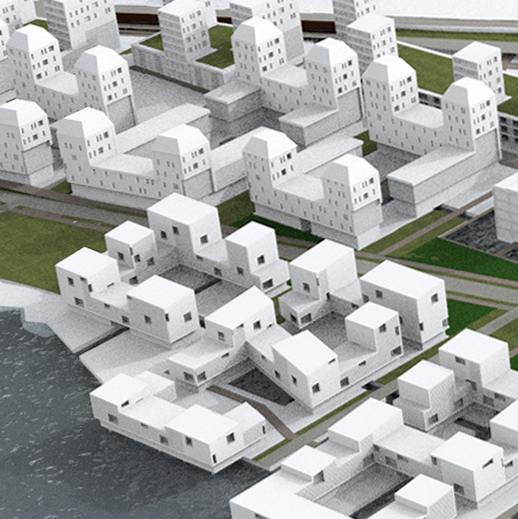
LEARNING OUTCOMES
Students will develop:
- Capabilities for problem reasoning
- Expertise in planning and design assessment
- Knowledge of societal and environmental responsibilities
Students will demonstrate:
- Creative-thinking and judgment capability
- Teamwork capability
- Communications skills
Credits: 12
Schedule: 14.09.2021 - 07.12.2021
Teacher in charge (valid for whole curriculum period):
Teacher in charge (applies in this implementation): Anssi Joutsiniemi, Antti Ahlava, Pia Fricker, Tuula Jääskeläinen
Contact information for the course (applies in this implementation):
CEFR level (valid for whole curriculum period):
Language of instruction and studies (applies in this implementation):
Teaching language: English. Languages of study attainment: English
CONTENT, ASSESSMENT AND WORKLOAD
Content
valid for whole curriculum period:
The Capstone project brings together students from different backgrounds to work together in teams, contributing their respective expertise and skills to solve real-world challenges. It also provides the students with a realistic task related to the topical framework of the USP programme, where projects usually span multiple disciplines and require team-based efforts to create a solution. The capstone project is supervised by the USP teaching team and sets focus on supporting the students to learn in an environment that matches a real working environment. The set-up of the project is a tight integration between research and practice and can lead into a master thesis project. Capstone projects can be in close collaboration with cities, business partners or stakeholders, or can be initialised and set up through a student initiative.
Assessment Methods and Criteria
valid for whole curriculum period:
Varies according to topic.
Workload
valid for whole curriculum period:
5-12 ECTS (approx. 27 working hours = 1 ECTS)
DETAILS
Study Material
valid for whole curriculum period:
Varies in accordance with the topic of the period - provided during the studio on the announced web portal.
Substitutes for Courses
valid for whole curriculum period:
Prerequisites
valid for whole curriculum period:
SDG: Sustainable Development Goals
11 Sustainable Cities and Communities
13 Climate Action
15 Life on Land
FURTHER INFORMATION
Further Information
valid for whole curriculum period:
Teaching Period:
2020-2021 Autumn I-II
2021-2022 Autumn I-II
Course Homepage: https://mycourses.aalto.fi/course/search.php?search=USP-E0314
Registration for Courses: Sisu replaces Oodi on 9 August, 2021. Priority order to courses is according to the order of priority decided by the Academic committee for School of Arts, Design and Architecture: https://www.aalto.fi/en/services/registering-to-courses-and-the-order-of-priority-in-aalto-arts
Registration in Aalto University Sisu.
Minimum amount of students: 6
